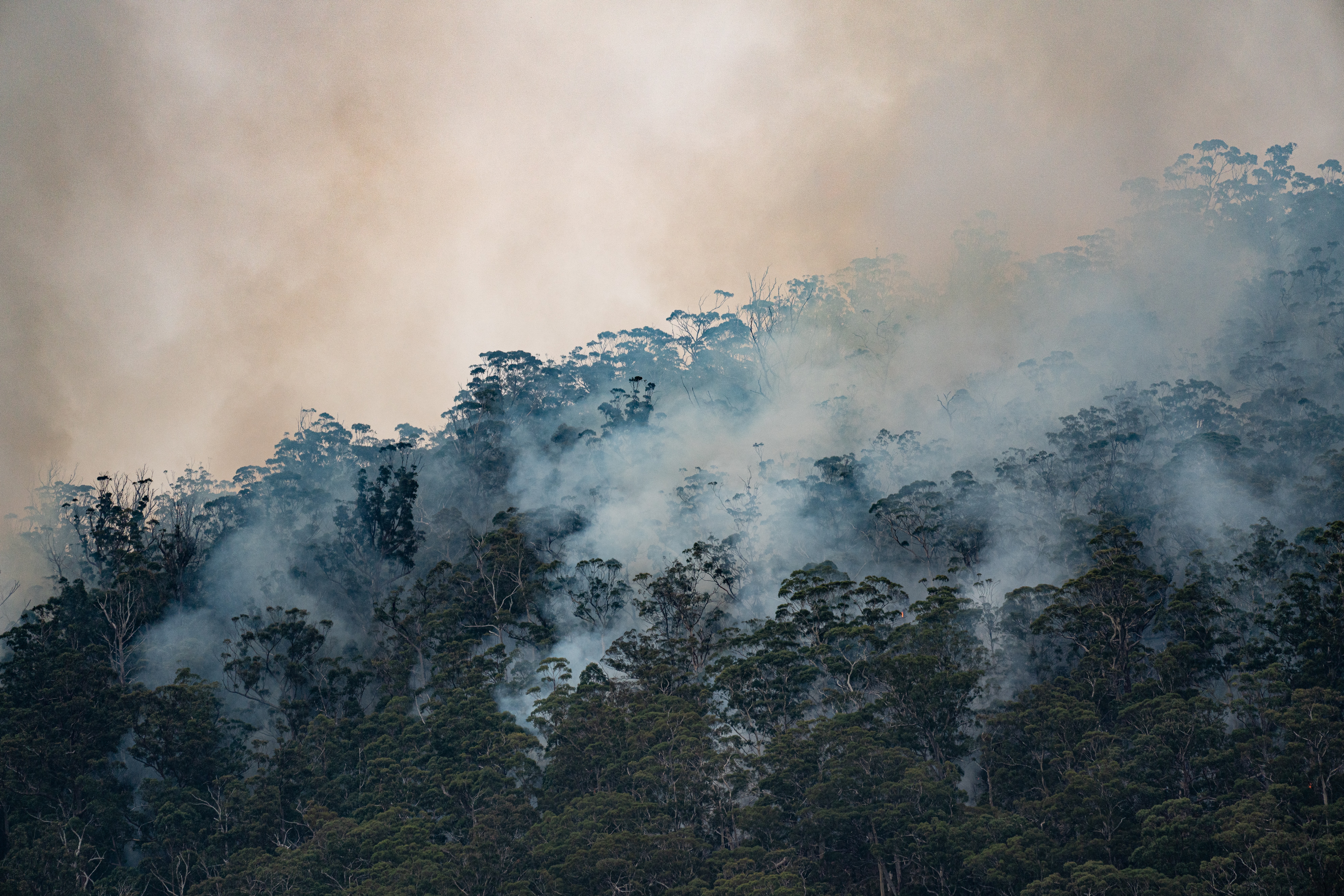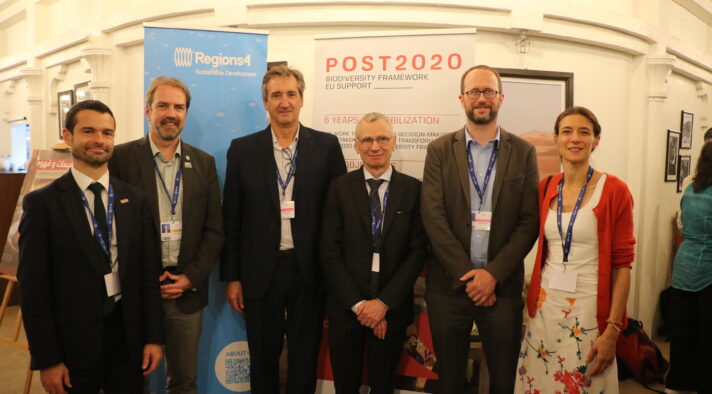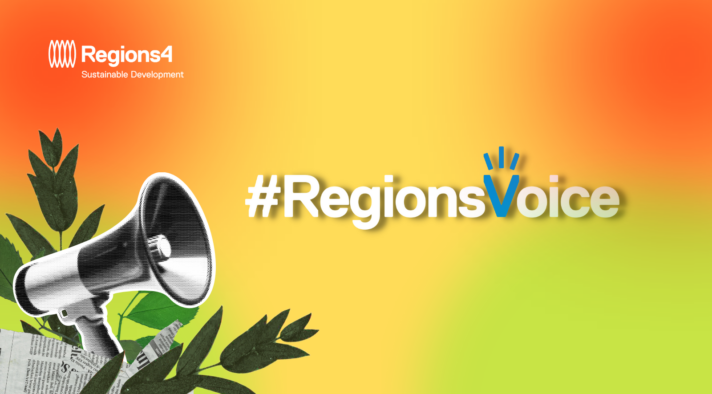Today – Monday, 28th February – sees the release of the International Panel on Climate Change’s second part of the Sixth Assessment Report on the impacts and consequences of our rapidly changing climate.
The report confirms unequivocally that ever more extreme heatwaves, floods, droughts, wildfires and other impacts resulting from climate change are endangering people’s health, jobs and livelihoods. It underscores the need for a race to mobilise action on resilience as well as mitigation.
Many regions across the world are the first to be vulnerable to climate change impacts, including flooding, intense weather and coastline erosion. However some, particularly small nations and those in the Global South, lack the financial and technical resources to take the action needed to adapt.
Regions4 members have been active in preparing for the impacts of climate change. At COP26, Regions4 released a publication gathering more than 11 best practices of regional governments in tackling adaptation.
For instance, the Basque Country’s Climate Change Strategy– KLIMA 2050 – which was approved in 2015, includes an objective to ensure the resilience of this territory to climate change. The aim is to keep the Basque Country functioning in all areas even while changes are taking place.
Regions are at the forefront of climate action and recognise the need to take urgent action in face of the crisis. This is why, Regions4 supported regions at COP26 to take strong commitments through the Race to Resilience campaign for resilience and adaptation, and other key Regions4 partners such as the Under2 Coalition pivoted to become a net zero coalition by 2050 with interim targets to ensure action is prioritised in this crucial decade.
Adapting to the climate emergency and its impacts must be led from the territories. Regions are the level of government closest to citizens that can deliver with a territorial approach and meet the needs of both rural and urban realities.Natalia Uribe Pando, Regions4 Secretary General
The report, confirms the need for Regions4 and its members and partners, to work even more actively this year to strengthen the RegionsAdapt initiative, that gathers more than 77 regions, to learn, improve and share on their solutions towards adaptation, and reinforce the RegionsAdapt community of practice, so that regional governments are better armed with knowledge and tools to tackle the confirmed challenges ahead, and build resilient futures.
Read the full IPPCC report here: IPCC WGII Report | United Nations
Further information
Raising ambitions on climate adaptation: lessons learnt and contributions of regional governments – Publication
COP26 takeaways – Article
Enhanced ambitions in Maharashtra – Article



